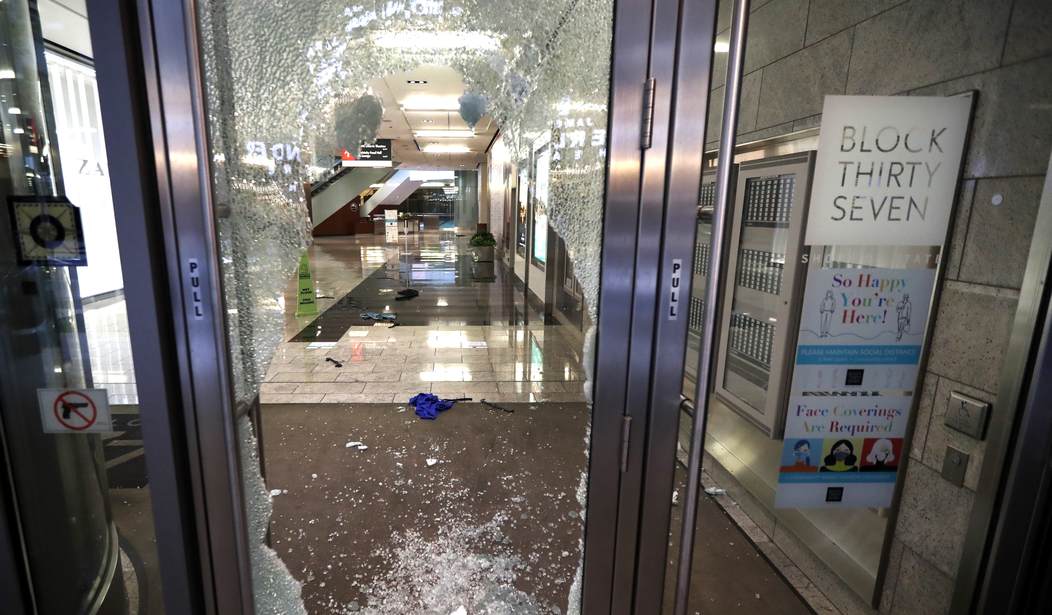Stacy Torres has a long resume filled with everything but living. She teaches at UC San Francisco in the sociology department and is affiliated with another half dozen departments, including “The Institute for the Study of Societal Issues.” She often writes Op/Eds for “leading” publications about social issues. In May, she wrote about never having a smartphone or “used social media,” yet several paragraphs deeper, she writes about getting off Twitter and dealing with compulsive texting.
A few days ago, she penned another op/ed that suspended logic. Stacy, it seems, is bummed that her Bay Area grocery store is locking up items. Stacy is perplexed. Her “happy place” used to be her Safeway grocery store located in Rockridge, close to Oakland.
Stacy writes:
Some people seek a bar or nature hike when they feel low. I go to the supermarket.
My spirits lift as I stroll the aisles. I bop along to easy-listening music. Exchanging pleasantries with cashiers lessens my loneliness. I celebrate the small wins — I procured broccoli (OK, and ice cream) — and leave with renewed purpose.
As someone with depression, I find that brick-and-mortar businesses help me avoid isolation by providing a space to be alone with others. But my happy places — supermarkets and pharmacies — say they have seen increasing theft and violence.
Torres believes that retail stores, particularly her happy place, have an obligation to customers. They bear a social responsibility to entertain her while she shops for broccoli. Anti-theft measures are but a “band-aid” for what she sees as the real problem: “socioeconomic conditions such as inflation, poverty and opportunity deficits.”
She suggests “long-term investments in our social safety net, including restoring SNAP benefits slashed for millions in March, and ensuring access to high-quality education, job training and a living wage, will alleviate economic desperation.”
Torres apparently believes that thieves stealing detergent en masse from her Safeway are just victims of socioeconomic conditions suffering from opportunity deficits. They aren’t criminals; they are victims of circumstances. Across the bay, stores are closing daily because of theft. In San Francisco, two Safeways closed. CVS and Walgreens are being looted daily. More stores shutter daily in San Francisco. At the Safeway in Rockridge, a man was murdered in the parking lot in 2020. But, as Torres suggests, crime might be a conflated myth.
She also suggests that legislation pending in Congress, labeled Combating Organized Retail Crime Act, would go a long way to help stop retail crime. Not likely. It is mostly designed to gather information. It would do little to nothing locally. If police do not make arresting retail criminals a priority, and DAs won’t prosecute criminals, criminals see no downside to descending on retail stores like locusts and laying bare the shelves inside.
At a mall about 20 minutes from where I live, thieves invaded a Nordstrom and fled with $300,000 in goods. I am fine with a bit of inconvenience if it stops thieves. My happy place would be seeing thieves arrested, charged with RICO violations, and sentenced to multiple years behind bars.
Who could forget the genius of AOC when she explained the real reason criminals steal?
Genius explains looting… pic.twitter.com/PCIxZ61sOw
— James Woods (@RealJamesWoods) August 14, 2023
The Los Angeles DA suffers from the same delusion as Torres, that being: Thieves are victims. Victims of circumstances. They need a social worker, not cells. Until that changes, thieves will see a green light.













Join the conversation as a VIP Member